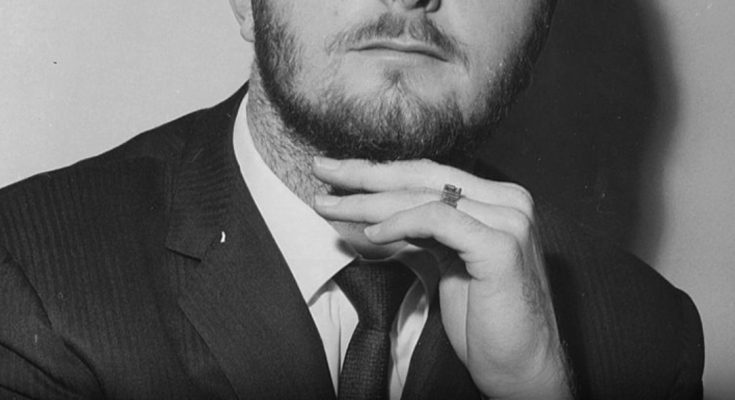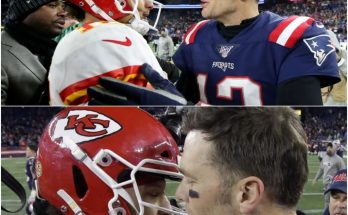Jim Mitchum, the eldest son of screen icon Robert Mitchum, passed away on September 20 at his ranch in Skull Valley, Arizona, following a long illness. He was 84. Surrounded by family, he left behind a life that mirrored his father’s blend of rugged independence and quiet charisma. Born May 8, 1941, in Los Angeles to Robert Mitchum and Dorothy Spence, Jim inherited his father’s unmistakable features and easy cool—qualities that shaped his own enduring, if understated, Hollywood career.
Mitchum made his film debut at age eight in Colorado Territory (1949), but it was his breakout role in the 1958 cult classic Thunder Road that defined his early fame. Originally written for Elvis Presley, the part of the younger brother instead went to Jim after a clash between producers and Presley’s manager. The film became a drive-in sensation, turning Jim into a teenage star and fueling his lifelong passion for cars—a love that even led him to work on Elvis’s hot rods and form a lasting friendship with the King.
Over a career spanning more than thirty films, Mitchum—often credited as James Mitchum—appeared alongside legends like John Wayne, Kirk Douglas, and Mickey Rooney in films such as In Harm’s Way (1965), Ambush Bay (1966), and Moonrunners (1975), the inspiration for The Dukes of Hazzard. Though he shared his father’s stoic screen presence, he brought his own grit and authenticity to every role. Outspoken about the state of the film industry, Mitchum once lamented that Hollywood had “lost its magic,” calling the Oscars “a sideshow” and criticizing the business for putting “dog food on the screen if they thought it’d make a profit.”
By the 1990s, he had stepped away from acting, settling on his Arizona ranch where he bred horses and launched a small moonshine brand inspired by his father’s outlaw roles. Married three times, he is survived by his wife, Pamela K. Smith; his children Will, Brian, Caitlin Ann, and Ana; his stepdaughter; his siblings; and four grandchildren. For those who knew his work, Jim Mitchum’s legacy endures not just in celluloid but in his unwavering authenticity—a man who carried Hollywood’s golden name into the wide-open desert and made it entirely his own.



